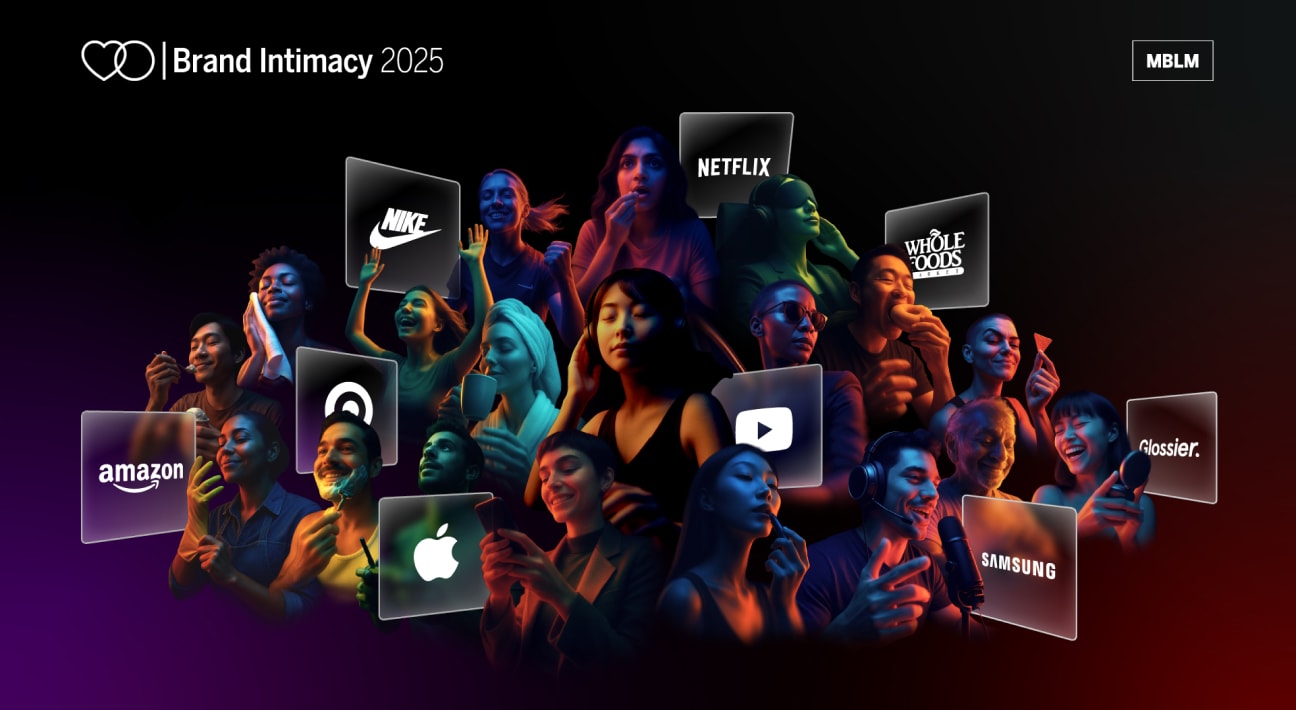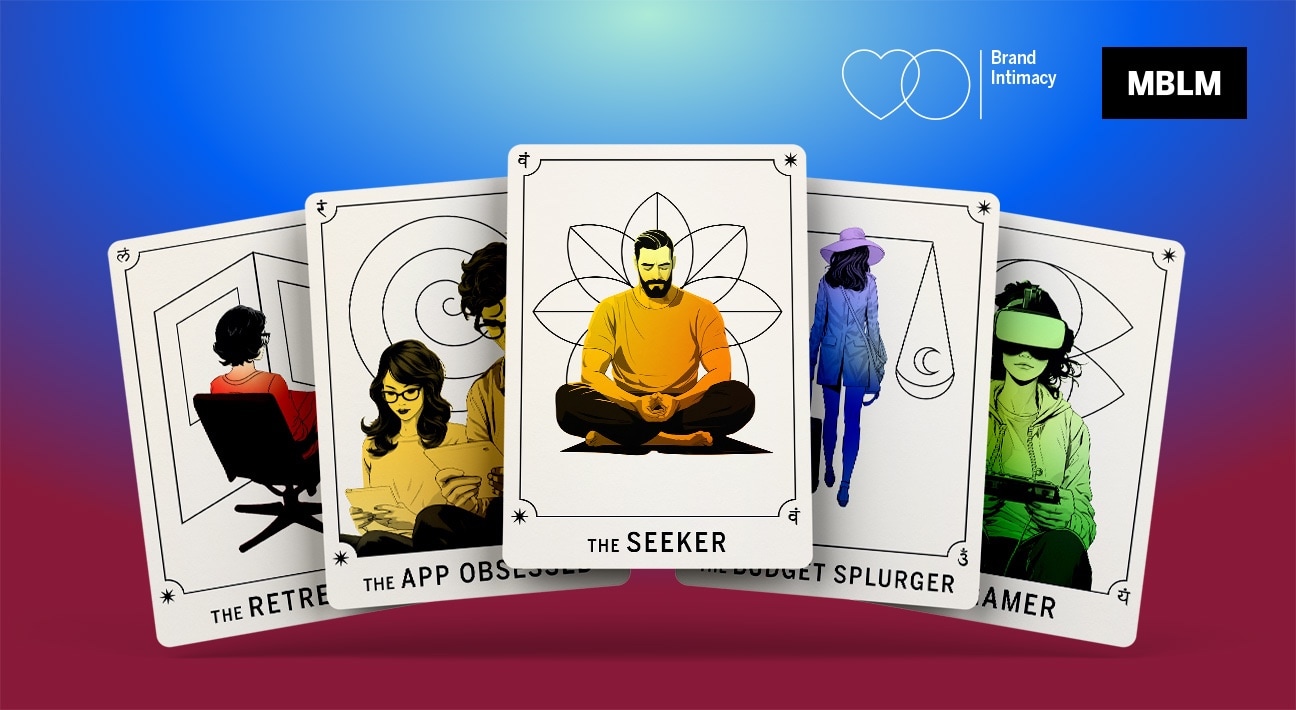Apparel Retained its Seventh Place Ranking Out of 15 Industries Studied in MBLM’s Brand Intimacy 2020 Study

The apparel industry once again ranked seventh out of the 15 industries studied in MBLM’s Brand Intimacy 2020 Study, which is the largest study of brands based on emotions. MBLM (pronounced Emblem), the agency using emotional science to build more intimate brands during these unprecedented times, announced that Nike dominated the industry for the fourth year in a row, followed by Levi’s and Victoria’s Secret, which placed second and third, respectively. Brand Intimacy is defined as the emotional science that measures the bonds we form with the brands we use and love, and has become increasingly important as brands adjust the ways they connect with consumers today.
MBLM’s study, now in its 10th year, revealed that the remaining brands in the top 10 for the apparel industry were The North Face, Under Armour, Adidas, Gap, American Eagle, Puma and Ralph Lauren. Additionally, top intimate brands in the U.S. continued to significantly outperform the top brands in the Fortune 500 and S&P indices in both revenue and profit over the past 10 years, according to the study.
“Nike again leads the way in the apparel industry. We believe this is due to a combination of the dominance of its products, its inspirational and emotionally-oriented communications and its focus on current social issues,” stated Mario Natarelli, managing partner, MBLM. “Apparel, as a whole, remained a mid-ranking industry, which indicates there continue to be opportunities to build more meaningful customer relationships. Given the intimate nature of apparel being worn on or close to the body, we feel strongly that the industry can find new ways to more effectively create stronger connections with consumers, from online and offline experiences to communications, memberships and campaigns.”
Additional notable apparel industry findings in the U.S. include:
- The U.S. apparel industry had an average Brand Intimacy Quotient of 31
- Nike, the #1 brand in the apparel category, had broad appeal. Men and consumers over 35 years of age ranked it as their favorite intimate brand
- Nike also ranked #1 in the industry among those with incomes over $100,000, whereas consumers with incomes under $100,000 preferred Levi’s
- The North Face ranked #1 for women and millennials
- Fulfillment, which is related to performance, was the most prominent archetype in the category, and Nike was the top apparel brand for fulfillment
The Brand Intimacy 2020 Report contains the most comprehensive rankings of brands based on emotion, analyzing the responses of 6,200 consumers and 56,000 brand evaluations across 15 industries in the U.S., Mexico and UAE. MBLM’s reports and rankings tool showcase the performance of almost 400 brands, revealing the characteristics and intensity of the consumer bonds.
To view the apparel industry findings, please click here. To download the full Brand Intimacy 2020 Study or explore the Rankings click here.
Methodology
During 2019, MBLM with Praxis Research Partners conducted an online quantitative survey among 6,200 consumers in the U.S. (3,000), Mexico (2,000), and the United Arab Emirates (1,200). Participants were respondents who were screened for age (18 to 64 years of age) and annual household income ($35,000 or more) in the U.S. and socioeconomic levels in Mexico and the UAE (A, B and C socioeconomic levels). Quotas were established to ensure that the sample mirrored census data for age, gender, income/socioeconomic level, and region. The survey was designed primarily to understand the extent to which consumers have relationships with brands and the strength of those relationships from fairly detached to highly intimate. It is important to note that this research provides more than a mere ranking of brand performance and was specifically designed to provide prescriptive guidance to marketers. We modeled data from over 6,200 interviews and approximately 56,000 brand evaluations to quantify the mechanisms that drive intimacy. Through factor analysis, structural equation modeling, and other sophisticated analytic techniques, the research allows marketers to better understand which levers need to be pulled to build intimacy between their brand and consumers. Thus, marketers will understand not only where their brand falls in the hierarchy of performance but also how to strengthen performance in the future.
To read a more detailed description of MBLM’s approach, visit its Methodology page.

